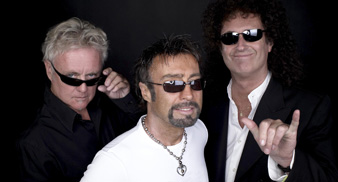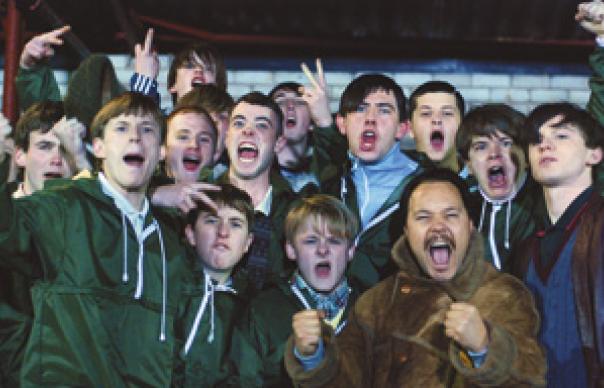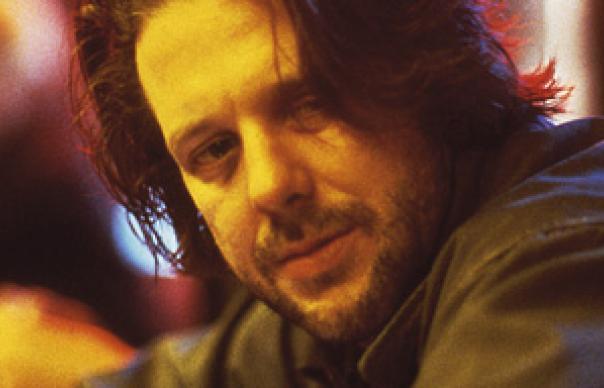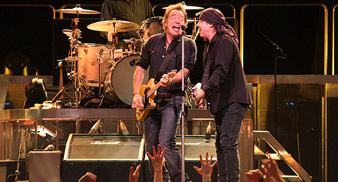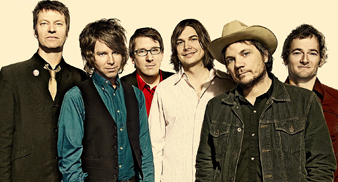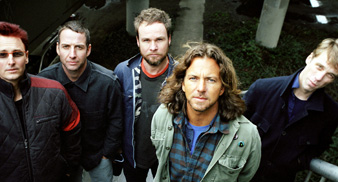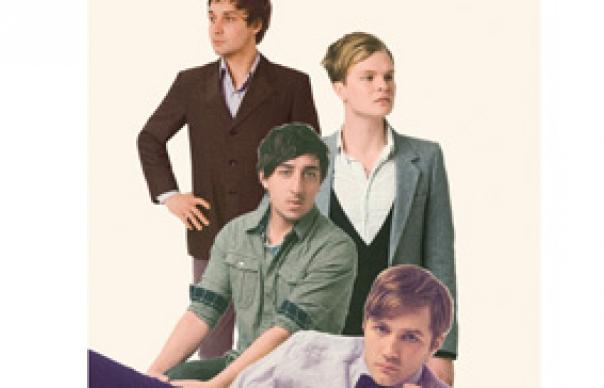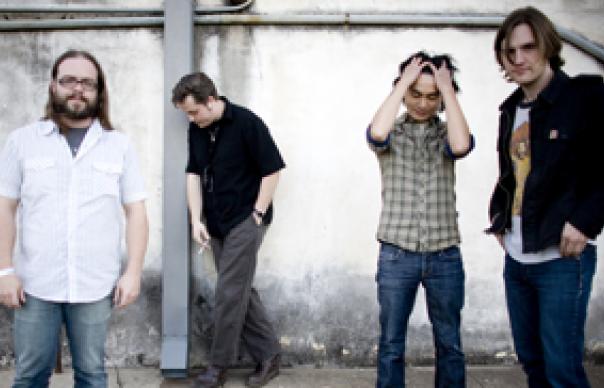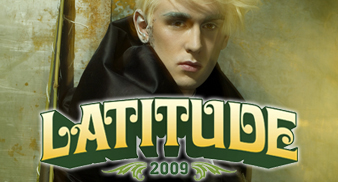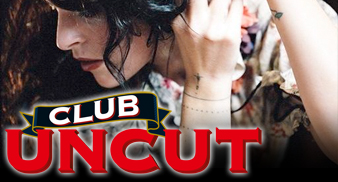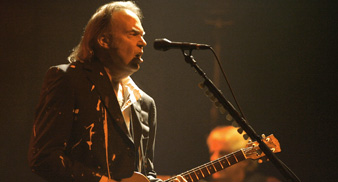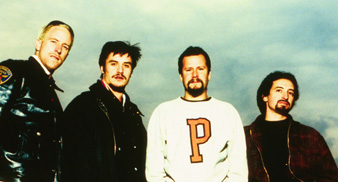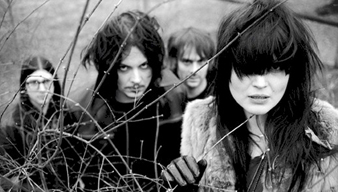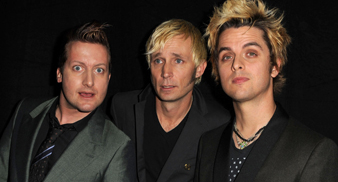The arrival this week of a new live album from Mark Kozelek, “Lost Verses – Live”, has prompted me to go on something of a Red House Painters/Sun Kil Moon binge (a contrast, for sure, to that concurrent Funkadelic trip; thanks, incidentally, for the recommendations – must check that Eddie Hazel solo album out). I was listening to “Lost Verses – Live” this morning, and composing a bunch of things in my head to write about it. Upon checking my blog for the last Sun Kil Moon album, “April”, however, it seems I made pretty much all the same points and deployed all the same adjectives for that record. Which further emphasises the point, I guess, that it’s hard to think of many artists in the past 20 years who have been quite as consistent, both in the tone and in the quality of his material (and, come to think of it, in the typefaces and presentation of the CDs), as Kozelek. The pile of CDs – 14 of them, I think – that I brought in this morning to load onto iTunes, could more or less merge into one giant entity, one vast, dolorous song that tracked Kozelek from Ohio to a permanently fog-bound San Francisco, with sojourns in Bilbao, Brockwell Park and wherever else he’s fetched up on tour, turning over and over evocative images from his childhood and sundry, often unresolved relationships. As the years go by, his voice and playing get stronger, and the lyrics become more reflective than melancholy, but it’s only ever a case of tinkering with nuances. If that sounds repetitive and boring, many who’ve heard Kozelek’s work would probably agree. But for those of us who know and love his records, it’s his persistence and calm adherence to his strengths that makes his music so compelling. “Lost Verses – Live” ends with “Blue Orchids”, from last year, and “Katy Song”, from 1993, but they could have been written hours apart, so unvarying is the style. That pleasurable homogeny comes even more to the surface on Kozelek’s solo and live recordings like this, where the tone remains unstintingly stark and acoustic, missing those thicker, Crazy Horse-like bursts which have punctuated many of his later band albums. Even more here, the impact of his music is cumulative: the longer it goes on, the more potency it gathers, so that when Track 9, the exceptional “Lucky Man”, rolls around, you suddenly notice how much you’ve been enjoying the whole trip. There’s quite an overlap between “Lost Verses” and 2006’s “Little Drummer Boy – Live” double set: again, the tracks are taken from a bunch of different shows rather than presenting one concert, and Kozelek is stealthily tracked by a second guitarist, Phil Carney. This time, though, most of the old Red House Painters songs are absent, replaced by great swathes – eight tracks, I make it – of “April”. As much as anything else, it serves as a reminder of what a terrific record “April” is – one I think I underestimated in that previous blog, as songs like “Lucky Man”, “Tonight In Bilbao”, “Lost Verses” itself, “Moorestown” and “Tonight The Sky” (the latter not attempted on “Lost Verses – Live”) really bed in. Last time I wondered, “Part of me wishes that [Kozelek] would be a little more adventurous, inch tentatively out of his comfort zone.” Thinking about it again today, though, that not only seems unrealistic, but actually undesirable. At the end of that “April” blog, someone called Piers posted, “This is still growing on me and prob will for some time.” And maybe that’s the most remarkable thing about Kozelek: for all the simplicity and familiarity of his schtick, all his records seem to accumulate more and more richness and gravity with age. Think I might put together a playlist for the journey home…
The arrival this week of a new live album from Mark Kozelek, “Lost Verses – Live”, has prompted me to go on something of a Red House Painters/Sun Kil Moon binge (a contrast, for sure, to that concurrent Funkadelic trip; thanks, incidentally, for the recommendations – must check that Eddie Hazel solo album out).


